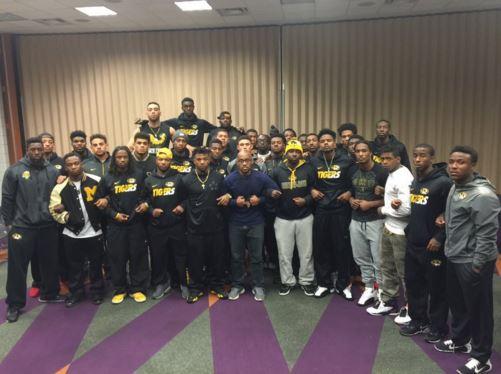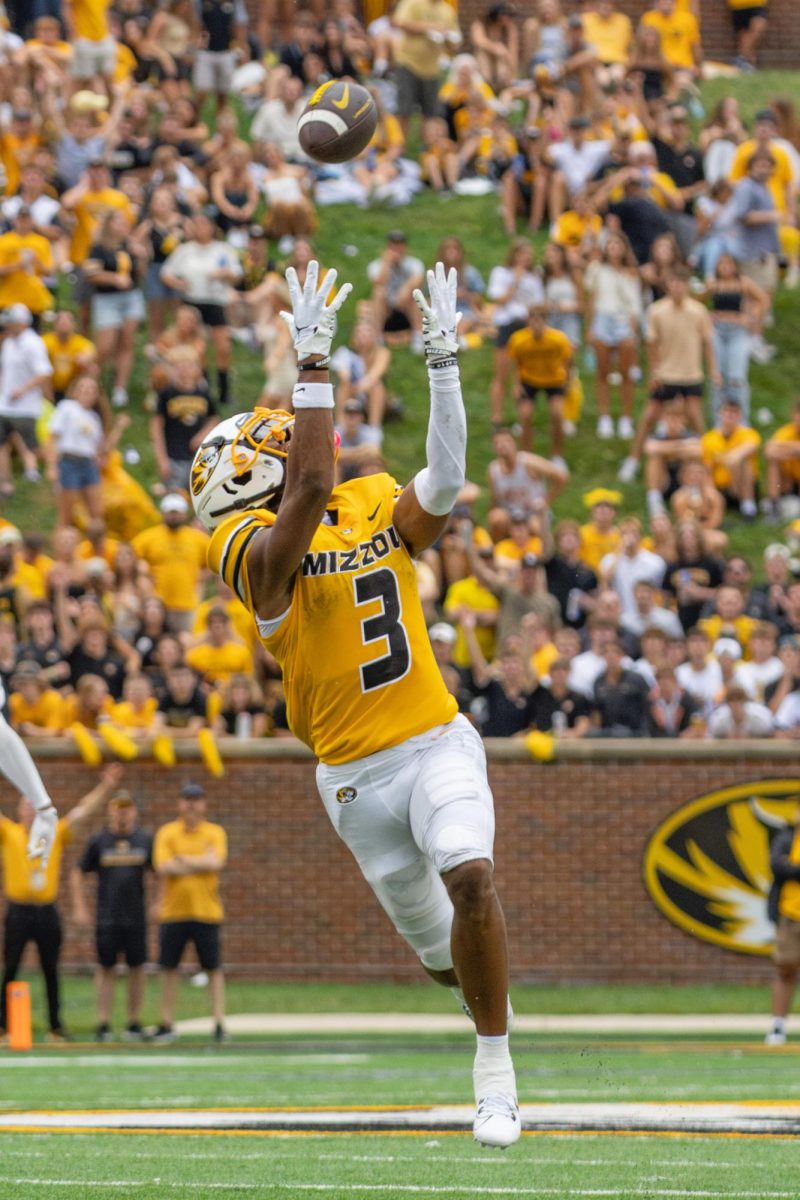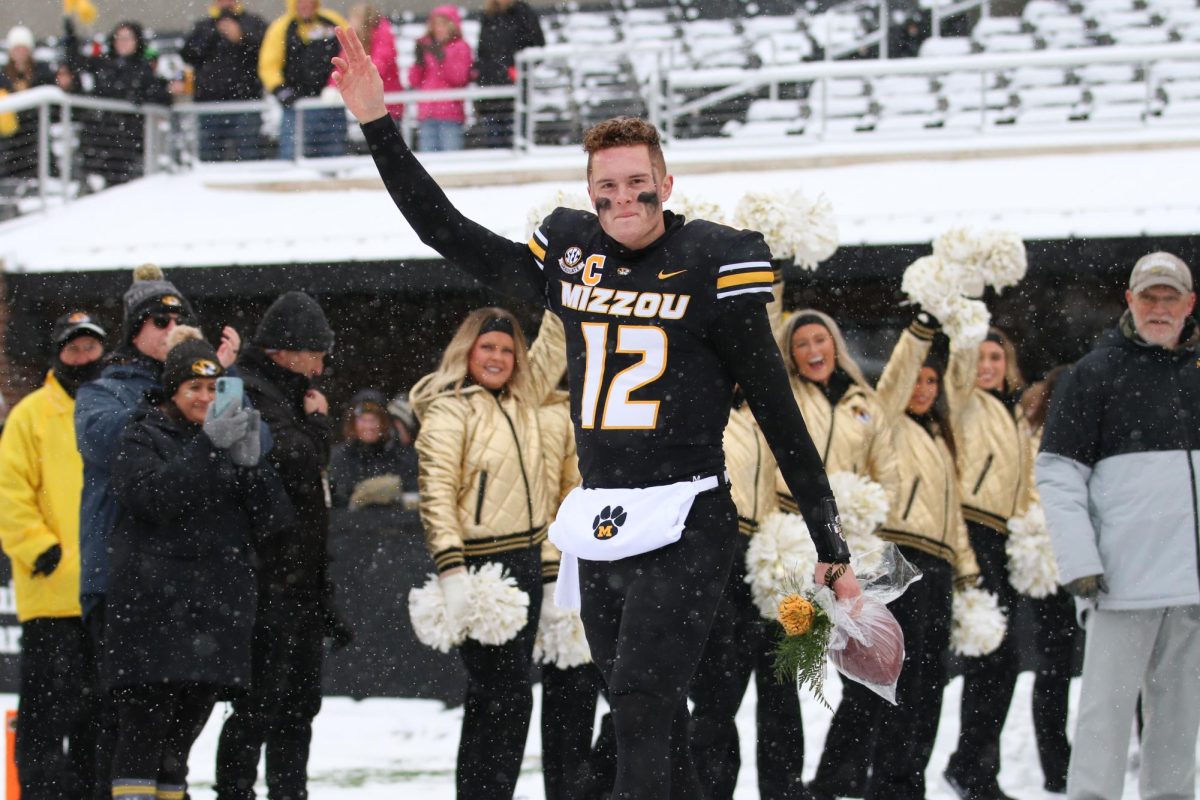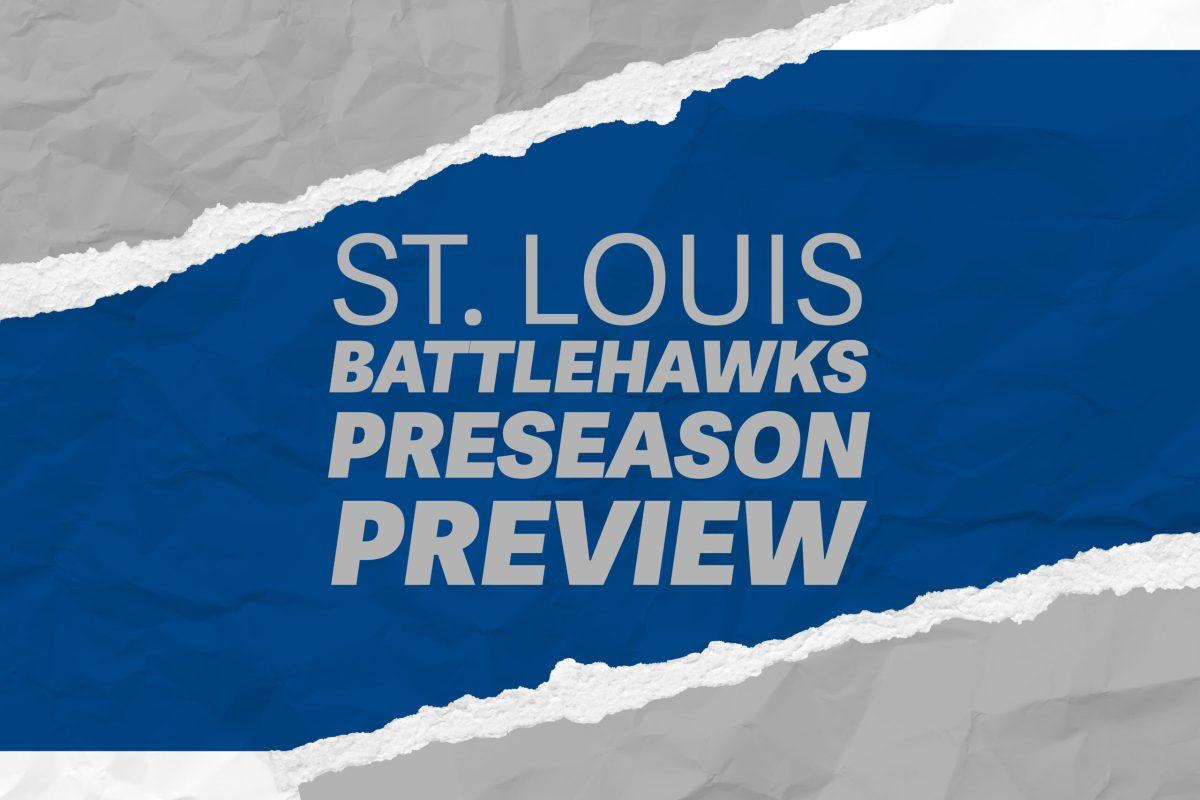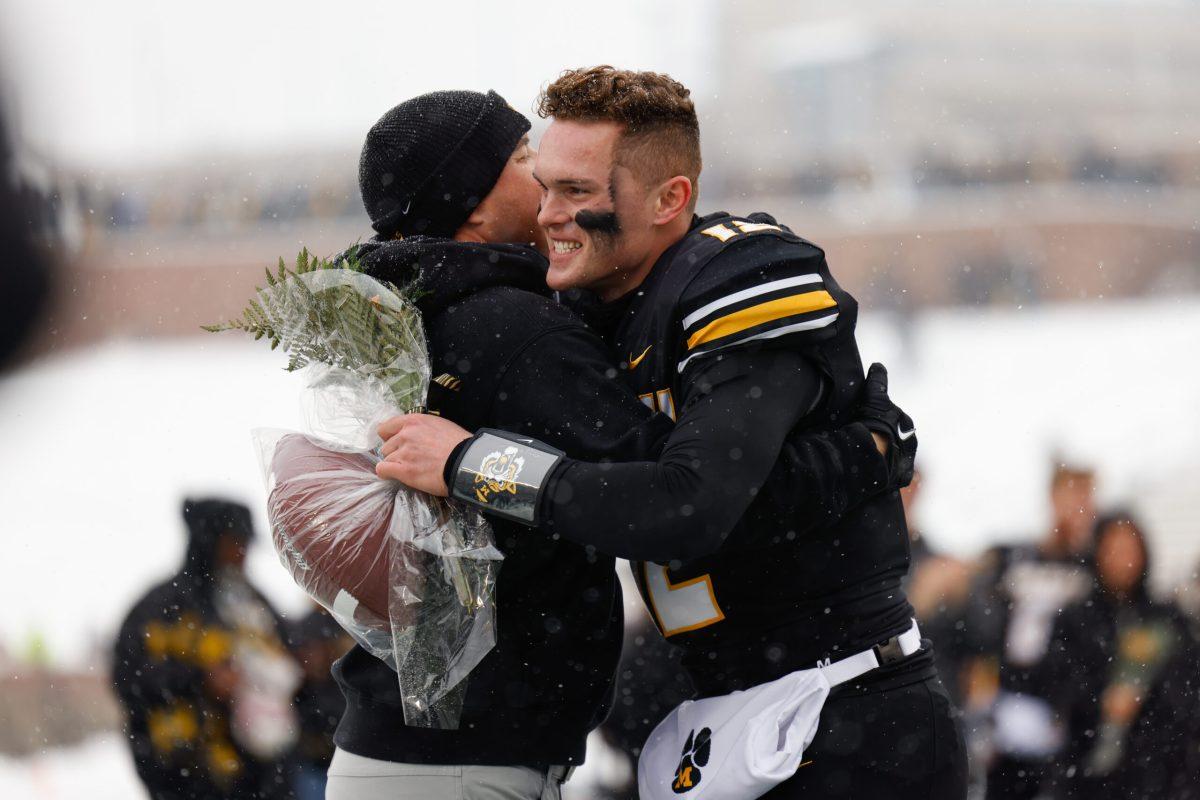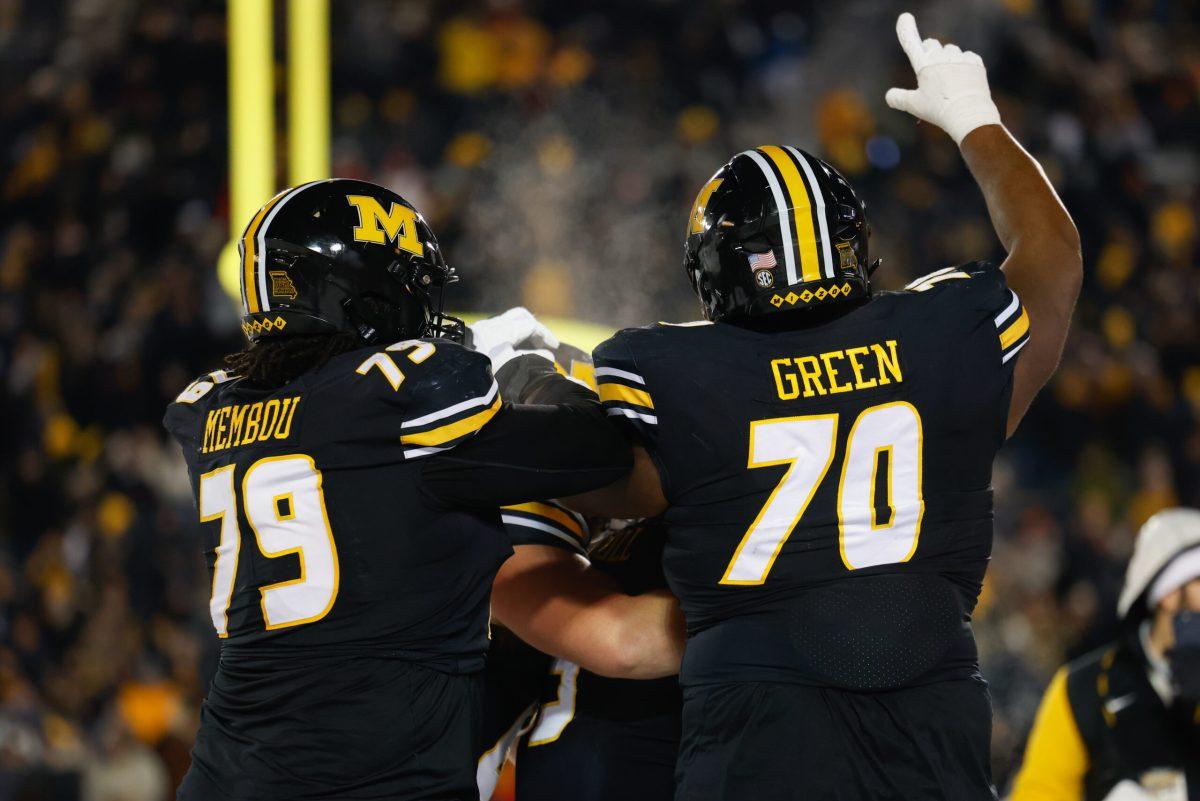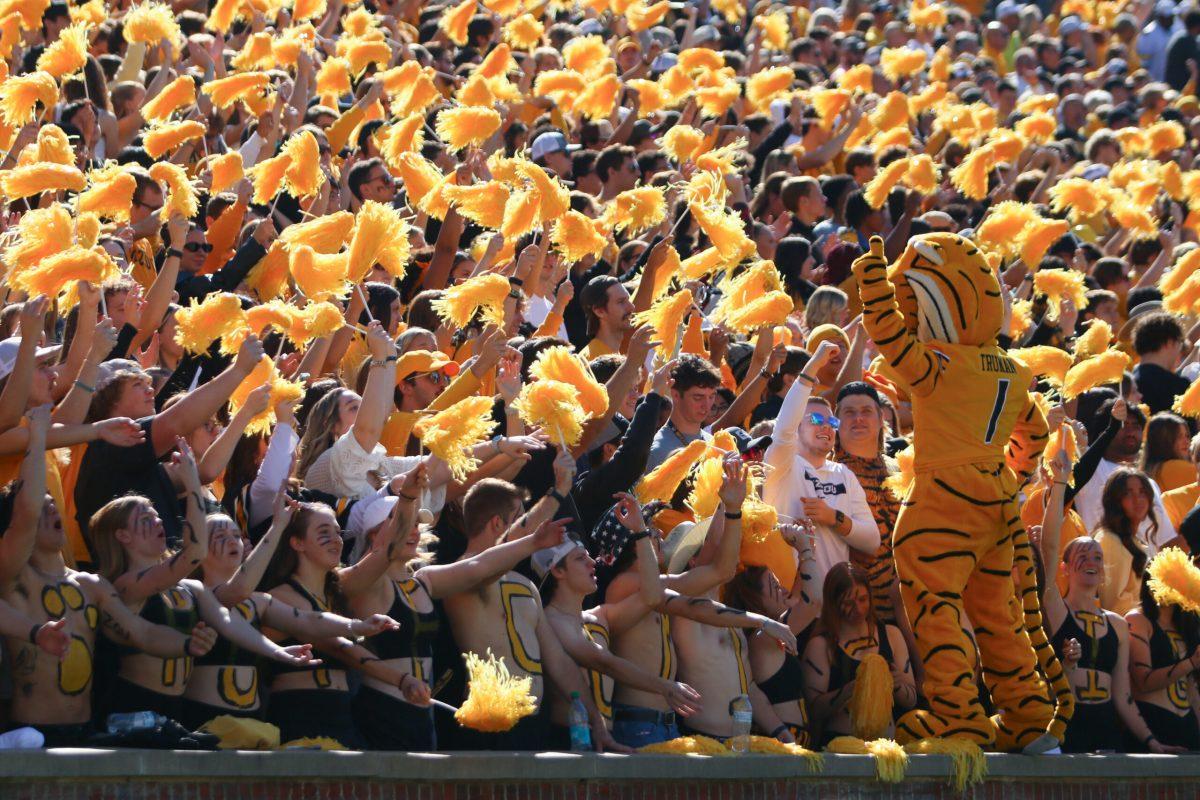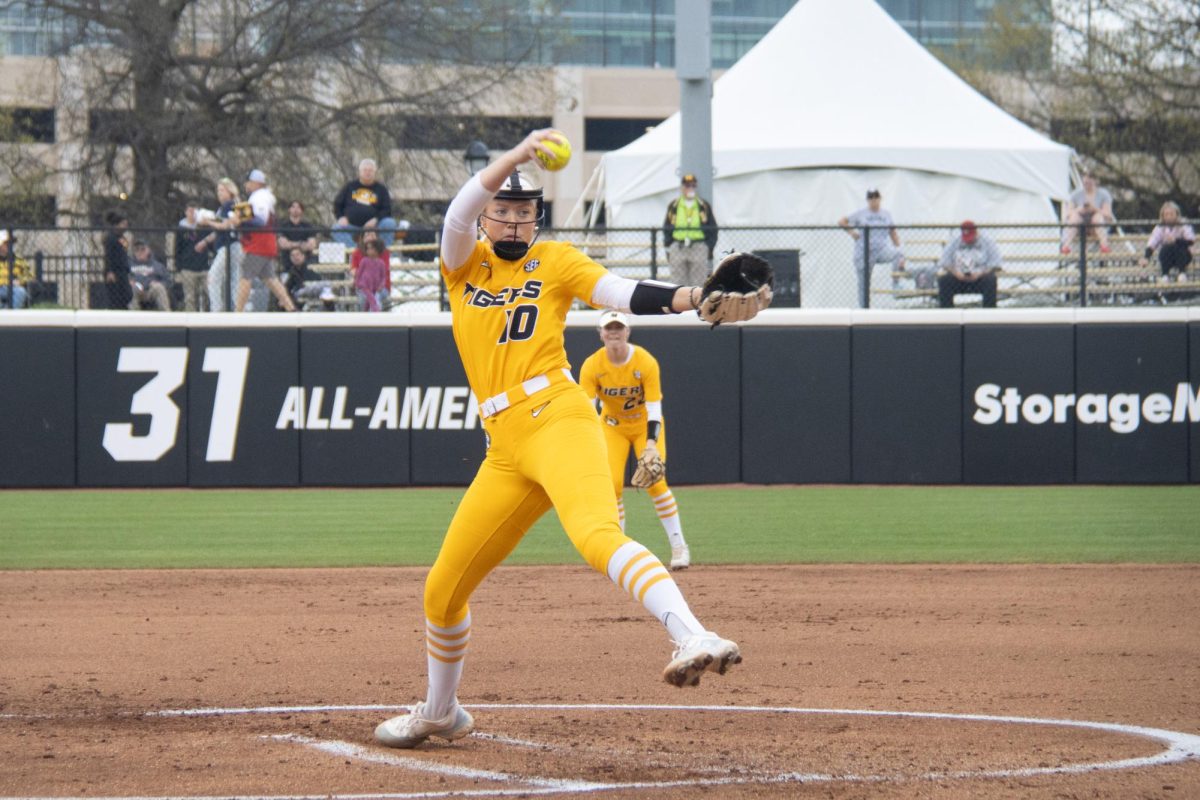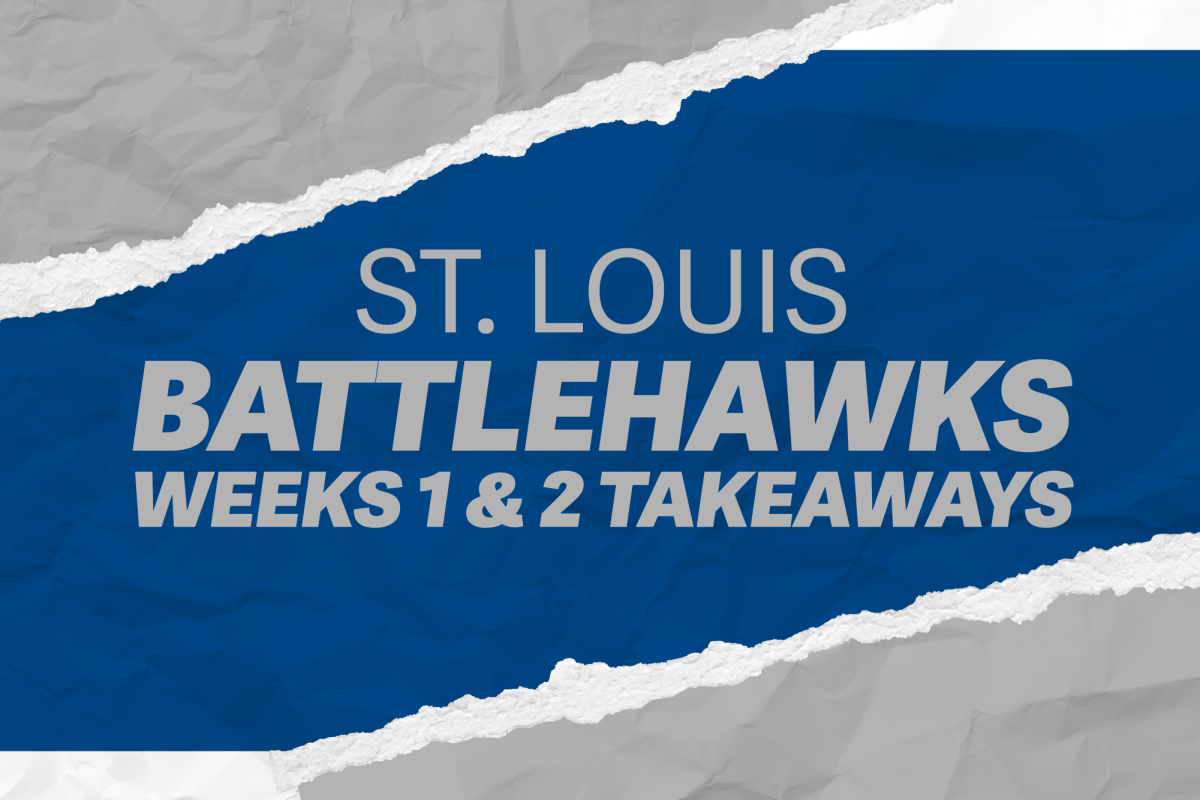Boycotting football activities on a game week in the Southeastern Conference sounds blasphemous, but that didn’t concern the Missouri football team on a weekend in November.
To Anthony Sherrils, to J’Mon Moore and to every member of the program on the night of Nov. 7, football took a backseat as they met with Jonathan Butler and members of Concerned Student 1950.
Butler was on a hunger strike in hopes of forcing UM System president Tim Wolfe out of a job, and he needed the team’s support. That night, Sherrils sent out a tweet saying, “We’re black. Black is powerful. Our struggle may look different, but we are all #ConcernedStudent1950.”
The following day the whole team elected to boycott, ultimately sending a swarm of media to Columbia and sending the situation into the national spotlight in a way that arguably nothing else could.
Two days later, Wolfe resigned.
Reuben Faloughi, a former Georgia football player and current MU grad student, was influential in sparking the meeting. With his background, he was able to bridge the gap and connect with many of the players.
“You’re in a bubble,” Faloughi said in December, in speaking about the differences between student-athletes and regular students.
Most live together, eat together and practice together on a daily basis. Do they go to class? Of course. Do they participate in activities across campus like regular students? Sometimes.
Even then, though, Faloughi said there’s a difference.
“(It) comes with certain privileges, but that also comes with certain demands that a lot of students don’t understand,” Faloughi said. “And a lot of students don’t understand what it’s like to be a superstar on Saturdays but then when Sunday hits, all the responsibilities of a student are there.”
On that Sunday, Nov. 8, a day after Sherrils’ tweet, the entire Mizzou football team — including coach Gary Pinkel — shared their support.
Here was a football program set to play against BYU the following weekend, foregoing practice and workouts to save a life. To Kain Colter, the former Northwestern quarterback whose efforts to create a union for student-athletes ultimately failed, that was impressive.
“At the end of the day, it takes a lot of courage for college athletes to boycott or even threaten boycotting the game and sport that they love because I know they all want to be out there on the field,” Colter said in December.
On the Monday that followed, the players were on a field — Carnahan Quad. Their support assisted in forcing the resignation of Wolfe and solidifying their voice as students across campus.
“They decided to do this for issues that they thought were bigger than football and it’s something that should be celebrated,” Colter said. “I think for two weeks this wasn’t a story that was getting picked up at these big media outlets. Once these players joined in (the hunger strike), it got thrown in the national headlight, so players need to realize how big of a microphone they have.”

